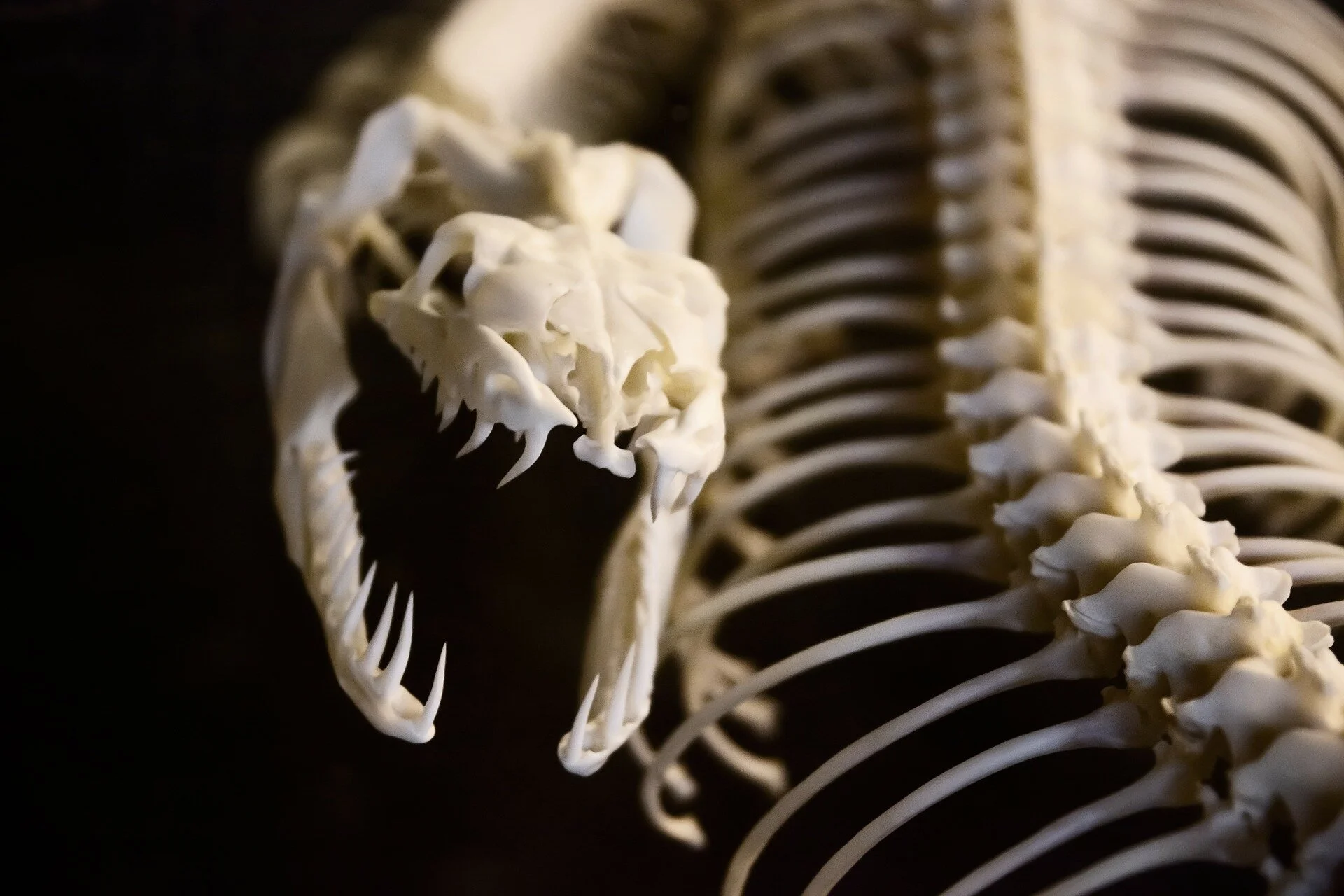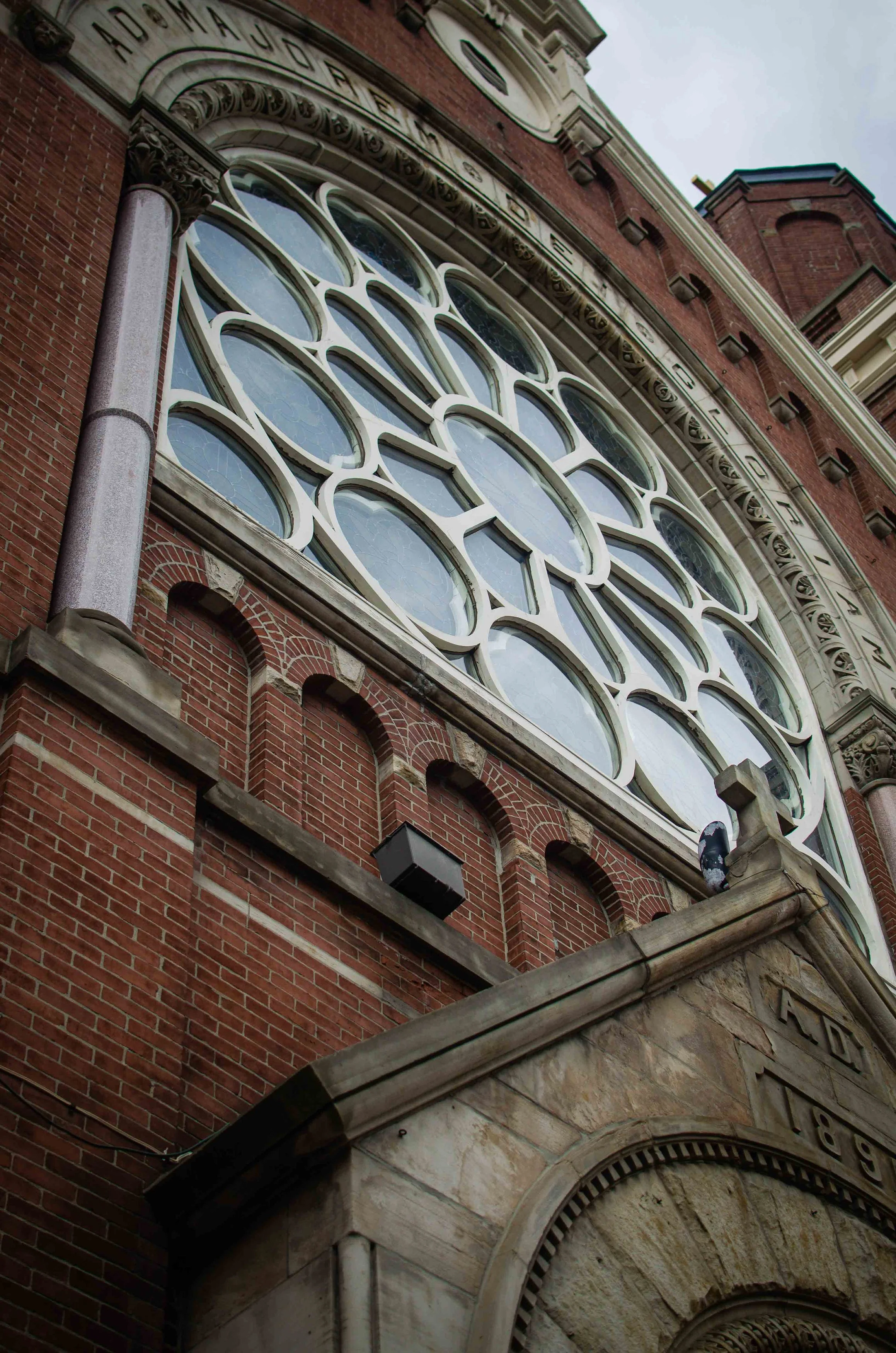Rejoice Always: A Case Study - Part 2
Last time we started looking at the story of Hannah in the Old Testament book of 1 Samuel. I think it is interesting that Hannah’s story is not only included in the cannon of the Scriptures, but it is a detailed account of the prayers, emotions and actions of this woman. Today we will spend a little more time getting to know Hannah and the struggles she had. You see, it was not just the case that she couldn’t have children, or that her husband’s other wife mocked and ridiculed her, but today we will see that even a man appointed by God misunderstood her.
Pixabay
“12 Now it came about, as she continued praying before the Lord, that Eli was watching her mouth.
13 As for Hannah, she was speaking in her heart, only her lips were moving, but her voice was not heard. So Eli thought she was drunk.
14 Then Eli said to her, “How long will you make yourself drunk? Put away your wine from you.”
15 But Hannah replied, “No, my lord, I am a woman oppressed in spirit; I have drunk neither wine nor strong drink, but I have poured out my soul before the Lord.
16 Do not consider your maidservant as a worthless woman, for I have spoken until now out of my great concern and provocation.”
17 Then Eli answered and said, “Go in peace; and may the God of Israel grant your petition that you have asked of Him.” 18 She said, “Let your maidservant find favor in your sight.” So the woman went her way and ate, and her face was no longer sad.”
Pixabay
As we know from the previous scriptures, Eli was sitting on a seat next to the doorpost of the temple ( this was not the later temple that was built in Jerusalem, but the Tabernacle which came to rest in Shiloh after the years of wandering in the wilderness). For whatever reason, Eli’s eyes were drawn to Hannah. Perhaps, there were not many other people around, or maybe she was the only woman who was present in a male dominated arena. Whatever, the case, Eli looked at her long enough to see that she was talking to herself, or so it seemed.
I am really not sure, why he jumped to the conclusion that she was drunk. Maybe it was the way she was positioned, the fact that she was weeping or the fact that she was talking without making noise. Maybe he had seen other people behave in this way and learned in most cases they had been sipping a little too much fruit of the vine. Let’s look at what we know by reading the scripture.
Eli was watching her mouth (vs. 12). We can conclude that she was close enough to where he sat that he could actually see her lips moving, and could tell she was not speaking.
Pixabay
Hannah was speaking to God in her heart, but moving her mouth without making noise (vs. 13). Have you ever been in a place like this? This is the sort of place where you are so distraught that you know what your heart wants to say, but you cannot vocalize the words. This a level of deeply felt emotion that not everyone understands. Obviously, Eli didn’t get it, at least at first.
Eli thought she was drunk (vs. 13). Again, I do not know why the priest made this conclusion, but he did.
Eli spoke to her, “How long will you make yourself drunk? Put away your wine from you (vs. 14).” Maybe a priest wasn’t supposed to be a counselor, but as a woman, I feel like it would have been better if he would have walked up to her and said, “Are you alright? What can I help you with?” But it was a different time and a different society. His response was most likely his intention to help her get her act together.
Pixabay
Hannah responded truthfully. “No my lord, I am a woman oppressed in spirit; I have drunk neither wine nor strong drink, but I have poured out my soul before the Lord. Do not consider your maidservant as a worthless woman, for I have spoken until now out of my great concern and provocation.” (vs. 15-16) I love that Hannah was so forthright and honest. She could have been offended by the priest’s accusation. She could have walked away without responding. Not only did she state the facts, but she asked the priest to change is mind about her. As a woman in a male dominated society, I think Hannah was very brave.
Eli believed her and responded kindly. “Go in peace, and may the God of Israel grant your petition that you have asked of Him” (vs. 17). I also love Eli’s response. He wanted her to have peace, and he wanted her to get what she had asked for. To me it shows that Eli was a man of compassion. He listened and he believed her.
Hannah’s response, “Let your maidservant find favor in your sight.” Then she left, ate and was no longer sad. I know for me, being able to share my concerns and burdens is like taking a heavy weight off my back. When I was ill back in the fall doing Instagram posts and Facebook posts actually helped me feel better mentally and emotionally, especially when people were sharing their well wishes and prayers on my behalf. I think Hannah being able to share her burden with the elderly priest made her feel validated and seen.
Pixabay
What can we learn from this particular section of Hannah’s story?
1 - Don’t be afraid to show your emotions. Hannah was in a public place and she wept bitterly. So often we run behind closed doors, too embarrassed to admit we are struggling or having a problem. It is okay to cry at a movie; to rejoice at a game and to get angry at injustice (this one is a little more delicate, because we do need to stay within the parameters of law and order so that innocent people do not get hurt).
2 - Tell the truth. Don’t try to make up excuses for what you are feeling. Be honest about what hurts or makes you afraid.
3 - Keep at it until you feel seen. I found this especially true when I was going through my health crisis. When I just kept getting worse and worse and worse, I kept trying doctors, urgent cares, and er’s until I finally felt like I was being listened to and cared for.
4 - Find a good place to unload. Obviously, we want to make God our first and foremost counselor, but we live in a world filled with stress and chaos. Finding a trustworthy counselor, pastor or friend to help you process difficulties and struggles is a widely accepted necessity. Hannah, went to God first in her prayers, but then when Eli asked, she let him help her carry the burden.
5 - Take time to take care of yourself. After Hannah shared her burden with Eli, she left and ate some food. There is a point in time, where letting the burden rest elsewhere is a good idea. It is also a good idea to do something for yourself. Take a walk, soak in a hot bath, have a healthy meal, read a book or take a nap. Be in tune with your body, so you can take care of it.
Next time we will look at how God answered Hannah’s prayers. Until then, have a great week!








































































